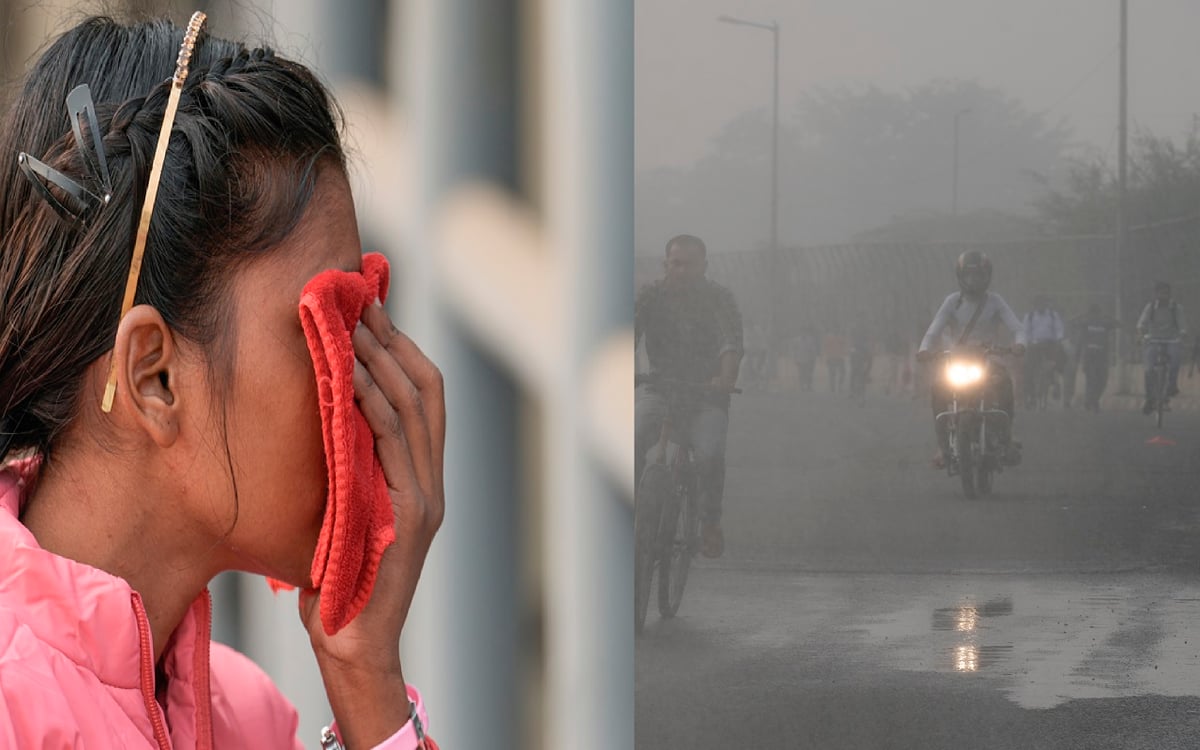Heading: Dhanbad’s air quality index reaches 159
Sub Head: If this is the situation now, what will happen on the day of Diwali?
-PM 2.5 level recorded up to 200 micrograms per square meter in many areas of the city.
Senior correspondent, Dhanbad: The air quality index (AQI) level of Dhanbad reached 159 on Wednesday evening. Along with cold, increasing air pollution in Dhanbad has increased the concern. This level of AQI is considered harmful for health. The main reason for pollution in the city is the excessive increase in the level of PM 2.5 present in the air. In many areas the level of PM 2.5 is reaching beyond 200. The level of PM 2.5 was recorded at 232.64 micro grams per cubic meter in Baniyaheer on Wednesday. Along with this, PM 2.5 level was recorded at 156.24 on LC Road. IIT ISM campus is considered to have the cleanest air in the city. On Wednesday here too, the maximum level of PM 2.5 was recorded at 168.58. According to the standards set by the Central Pollution Control Board, the maximum level of PM 2.5 should be 60 micrograms per cubic meter. But now in many areas this level has reached more than double the prescribed standard. According to experts, with the increasing cold in the coming days, the level of air pollution may also increase.
Increase in the number of respiratory patients
Due to increase in pollution, the number of respiratory patients has increased rapidly. The present time is very serious for those who are already suffering from respiratory diseases. Most of the patients suffering from asthma and bronchitis are coming to the hospitals of the city. Many people are troubled by sore throat and cough. The main reason for this is air pollution.
Why is PM 2.5 dangerous?
The combustion of gasoline, oil, diesel or wood produces excess PM 2.5. Because of their smaller size, particulate matter can be drawn deeper into the lungs and be more harmful than PM10.
reason for growth in winter
According to experts, the main reason for increase in air pollution in winter is increase in air density and decrease in temperature. Due to increase in density of air and decrease in temperature, polluted air is unable to rise. It remains below. At the same time, due to high temperature in summer, the density of air is less. Polluted air spreads upward into the atmosphere along with hot air. This is why in summer pollution The level does not increase much.
Area wise PM 2.5 levels
-
Birsa Munda Park: 184.34
-
Bhuda: 142.28
-
Mohalbani: 162.42
-
Kusum Vihar: 126.46
Note: All figures are in micrograms per cubic meter

